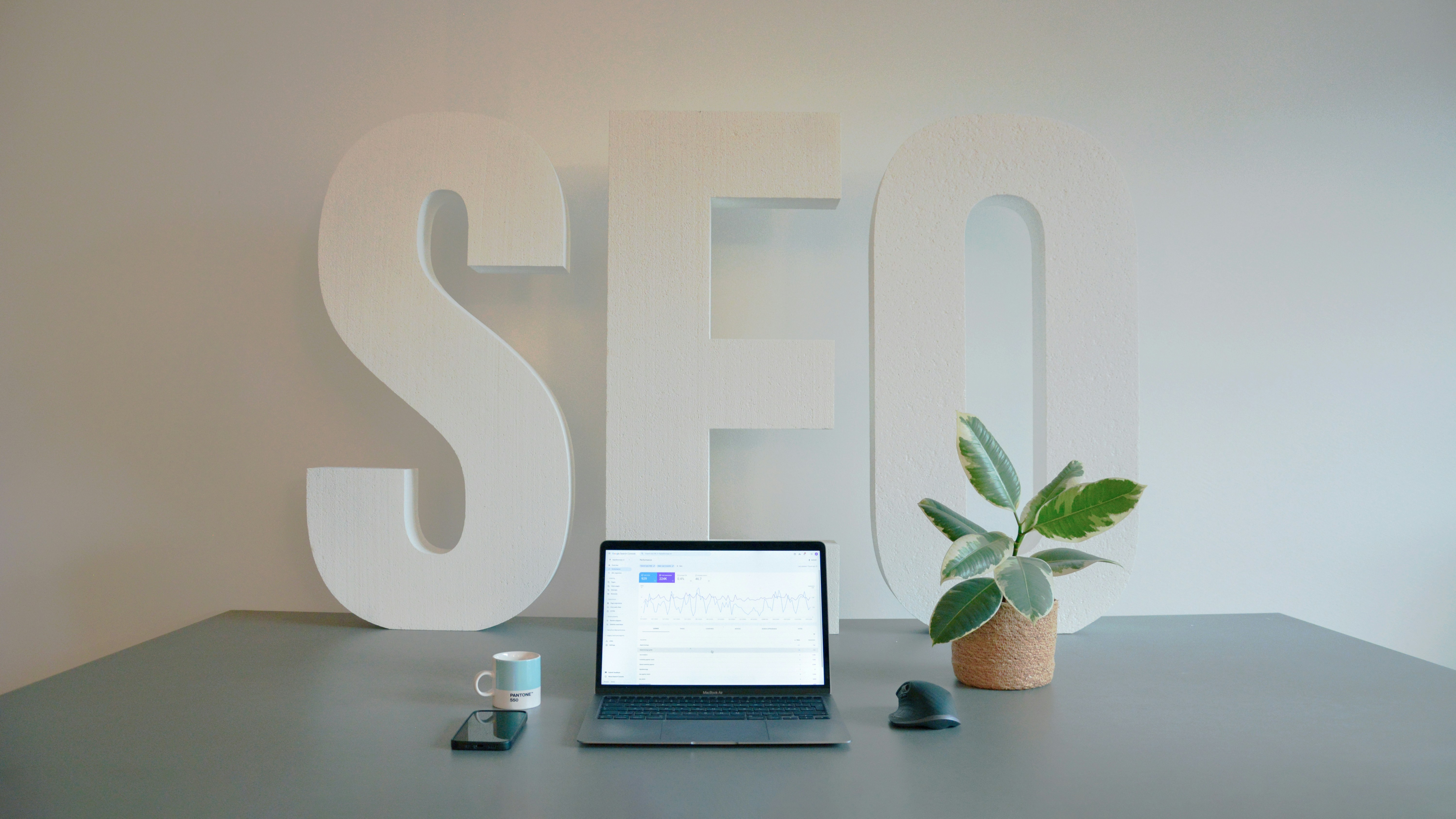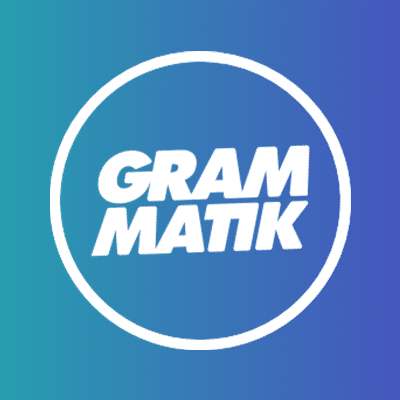 Search Engine Optimisation (SEO) not only helps to enrich your website and content but is the process companies undertake when working to rank higher on web browser search results. It is often a process forgotten about until too late, leaving insightful and helpful content to trickle down the results page funnel and land lower than it should.
Search Engine Optimisation (SEO) not only helps to enrich your website and content but is the process companies undertake when working to rank higher on web browser search results. It is often a process forgotten about until too late, leaving insightful and helpful content to trickle down the results page funnel and land lower than it should.
What is SEO?
Search Engine Optimisation (SEO) is the process of improving a website’s ranking in search engines like Google, Bing, Yahoo, and more. An SEO strategy is put in place to help search engines understand a website’s content, so users can easily find and navigate it. Using relevant keywords, descriptive URLs, and optimising images all play a part in boosting your website’s ranking and creating an optimised strategy.
Why optimising your content is important
Content optimisation is important for your website as it helps search engines understand your content and your business, which will improve your visibility and ranking in search results. If your content isn’t optimised for search, you’re less likely to be found, and anything you produce will fall down the rabbit hole of lost content.
Semrush published an article which highlighted the importance of organic content. When you search for something, you are met with promoted results and then organic results. You are more likely to click on the organic results, as they are more relevant to your search and better trusted over promoted links. Semrush found that 40,000 searches are made on Google alone every second, and the average click-through rate for ad results is only 2% in comparison to 40% for organic.
Just imagine the potential customers you can reach with organically optimised content.
How do search engines rank content and what kind of content do they prioritise?
There are many factors involved when search engines find your content and rank it based on whether they feel it has met their requirements. These factors can include:
- Relevance: how well does your content reach the browser’s specific search enquiry? Does it meet their needs?
- Quality: does your content answer the query? Does it include keywords, relevant links, titles, section readers, and meta tags?
- Recency: was the page recently updated? Is the content on the page old or does it still remain relevant?
- Domain authority: the ranking and reputation of the website’s domain name are important. The ideal ranking score is between 50-60, if lower, what do you need to do to improve it? Is the site easy to use and on multiple devices?
The importance of each of the factors depends on the query. So, to make sure your content is accessible to search engines, you should ensure your website and pages are crawlable, indexable, and contain clear titles. These are all essential for your site and individual pages, as these are the steps browsers use when identifying reliable content.
 Image credit: Lukas via Pexels
Image credit: Lukas via Pexels
On-page vs off-page SEO
On-page SEO focuses on the optimisation of your website. It uses the content on your site, HTML tags, and page speed to improve its visibility and relevance. On-page SEO gives you direct control over all of this.
Off-page SEO focuses on building your domain authority. It involves external efforts that improve your site’s authority and trustworthiness. These include backlinks, engagement on social media, and guest blogging. Off-page SEO helps establish your site’s reputation and visibility across search engines.
AI search results
In recent months, search engines like Google and Bing have implemented AI search results, or an AI Overview – as it appears on a results page. The overview is designed to provide concise summaries or answers to a person’s search query, providing a quick and efficient process for someone when searching in a hurry. There have been some mixed reviews on this feature, with many agreeing it eliminates the action of a person scrolling and clicking through various web results to find what they are looking for.
Despite that, the AI feature does have a section of sources on the right-hand side, from which the overview is taken. This new feature further adds to the importance of SEO, as with this update, it does stop the natural scrolling and allows people to remain at the top of the page, but being one of those sources deemed as a reliable source, comes down to the right use of SEO and enriching your website with those relevant keywords.
Alongside the traditional search engines, AI Search Engines are also taking the storm and positioning themselves as reliable sources. In recent years ChatGPT has been a focal point in this area, however, contenders like SearchGPT and Perplexity have been recognised and favoured. ChatGPT’s purpose is to provide results based on pre-existing knowledge, but lacking in real-time updates, whereas SearchGPT collects current information from the web, providing real-time answers, similar to Perplexity.
Five steps for building an SEO strategy
Having an efficient and effective SEO strategy will not only benefit your content in search engine rankings but will increase the domain authority and trustworthiness of your website. Five things to consider when building your strategy include:
- Research keywords: list the top keywords you want to rank for and that will be relevant to your organisation. By using tools like Google Keyword Planner and Semrush, you can find relevant keywords and their scores. With your list, you can then look into the search results to understand the landscape and popularity of the keywords, and can even compare them to how your competitors are performing.
- Create high-quality content: regularly create relevant and high-quality content that’s written for the benefit of your audience.
- Website optimisation: make sure your site is optimised for mobile and other devices.
- Build backlinks: having backlinks from high-quality websites can improve your site’s visibility and search traffic.
- Audit your website: auditing your site for technical SEO errors can help identify areas for improvement – improving your website’s performance and user experience.
Looking to elevate your content? Get in touch to discuss how Grammatik can support your SEO strategy.

©️2024 Grammatik Agency, Second Home, 125–127 Mare St, London E8 3SJ.
[email protected]
+44 (0)20 3950 7057 Privacy policy